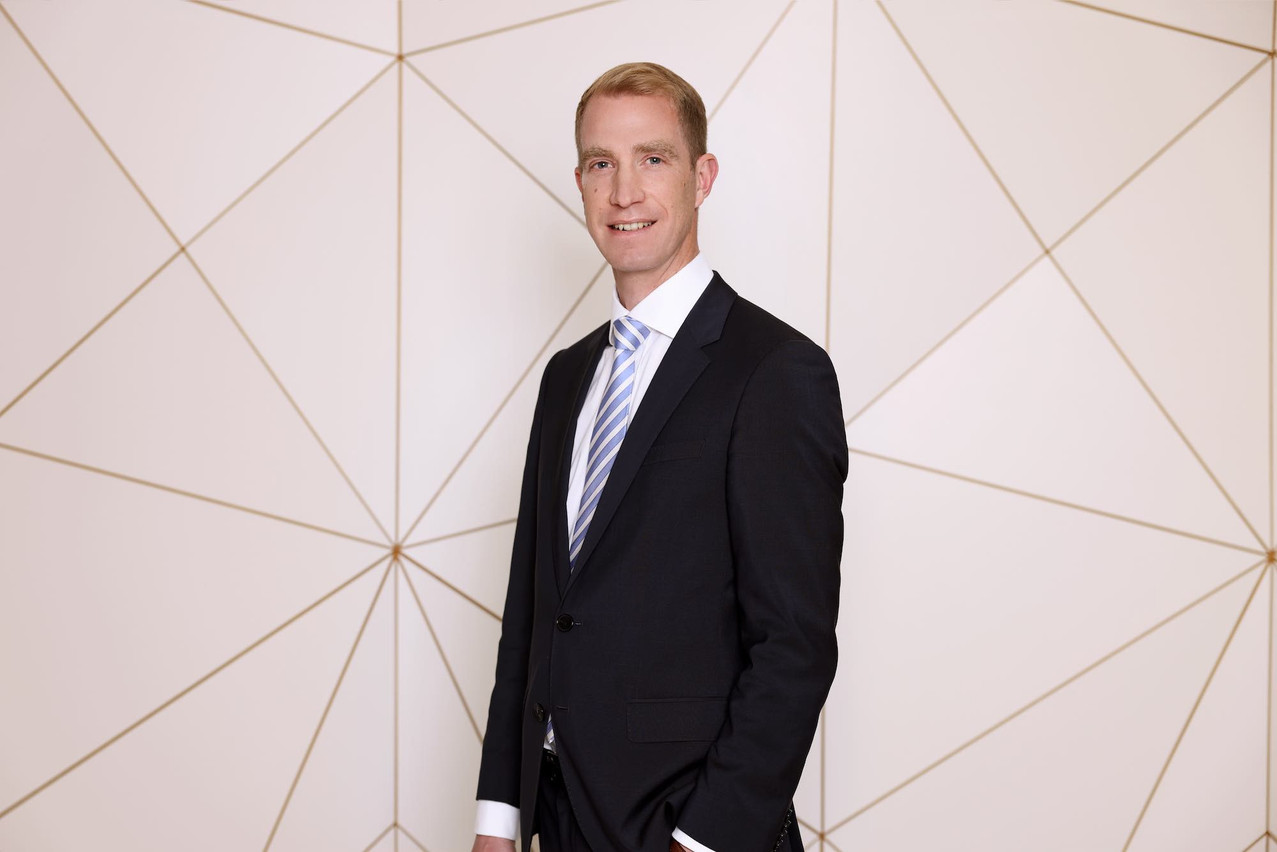Digital transformation in the insurance sector involves leveraging technology to enhance customer experience, streamline operations and manage risks more effectively. At an upcoming industry conference, insurers will examine the adaptation of digital tools like AI for secured transactions and data analytics for personalised policies, in response to the evolving market demands and offerings.
Vincent Arnal, chief information officer at Lalux Assurances, spoke to Delano about his participation in and the new technologies transforming insurance sector. Arnal speaks on the “Comment les nouvelles technologies transforment le secteur ? (How new technologies are transforming the sector?)” panel on 23 November.
In addition, the panel will provide an overview of the international market for insurers, not limited to the insurance sector, but covering the wider financial services industry internationally, such as in Belgium, France and other jurisdictions, to see how the Luxembourg sector compares. The panel will address several specific difficulties related to digital transformation, such as people skills and changing management strategy, as well as share some advice on how to manage difficulties in digital transformation.
ChatGPT
As for the changes in the Luxembourg insurance market in Luxembourg, Arnal said that the biggest technological impact this year has mainly been the launch of large language model offers, especially ChatGPT, which set off a flurry of tech company announcements.
When it comes to adapting new technologies into daily processes, Arnal said, “The usage process has to be split between the end user, who the beneficiary from the new digitalised tools is and the insurance employee. Generative AI represents very interesting way to optimise productivity by employees, since tasks performed could include processing texts and summarising, translating, preparation of transcripts or videos. Some specialised technologies have capabilities, for example, the development of unitary tests, that could potentially increase process productivity.”
“But first as an insurance expert, you need to understand which is the most appropriate tool for your usage. It differs per case, and it’s differentiated between the departments of a company specialised in providing insurance services. And second, how to use the dedicated tool. Speaking of ChatGPT, offering very interesting added value via the OpenAI tool, not by chatting with ChatGPT, but by creating what is called a prompt, providing correct input, information in context of who you are, and what is your goal from the conversation, then the output will be very good. The previous example explains why we need to train insurance experts on choosing dedicated tools, on the best way to interact with the tool, to optimise results, and on data protection, where insurance workers can’t copy paste personal data gathered by the chatting model.”
“That being said, for me these are the three main difficulties that requires management change of the business process,” Arnal said. “Currently we experiment the process of using of ChatGPT modules internally, properly later with insurance agents and after that with end users. A prerequisite to launch these tools, we need to prioritise the most common usage, the processing of data and knowledge based on that, the study end results, and examine quality. It’s not finalised yet but will be ready fully operational in the near future, precisely next year.”
Implementation approaches
As for the software used, “we have work[ed] with most [the] famous model, ChatGPT, but we have a European alternative, LLM from France,” with Arnal noting that specific staff training will be required. Arnal explained the three options for insurance companies to operate ChatGPT were by using publicly available clouds-based services, by using a private cloud approach, which guarantees a more secured data processing available in Europe, but without a local offering available in Luxembourg, to have a built-in software, though that takes a longer time to install and get into operation, but offers more data protection.
The driving factor of transforming the insurance sector digitally is the automatisation of time-consuming processes, with added value. Arnal reiterated that the objective was not to replace the human expert working in insurance, but to offer end users better experience, faster reimbursement processes and higher satisfaction. He added, “digitalised tools and machine[s] can’t replace human[s] in terms of accidents follow-up, human relationships and advising clients. Customer support is as important as fast reimbursement, achieving higher client satisfaction levels, so, that’s why I am not afraid of automatisation.”
As for Lalux Assurances, the company’s main digital projects for the coming year are focused on regulation of cybersecurity, resiliency and ESG reporting.
Updated 23 November at 2:15pm to correct the spelling of prompt
